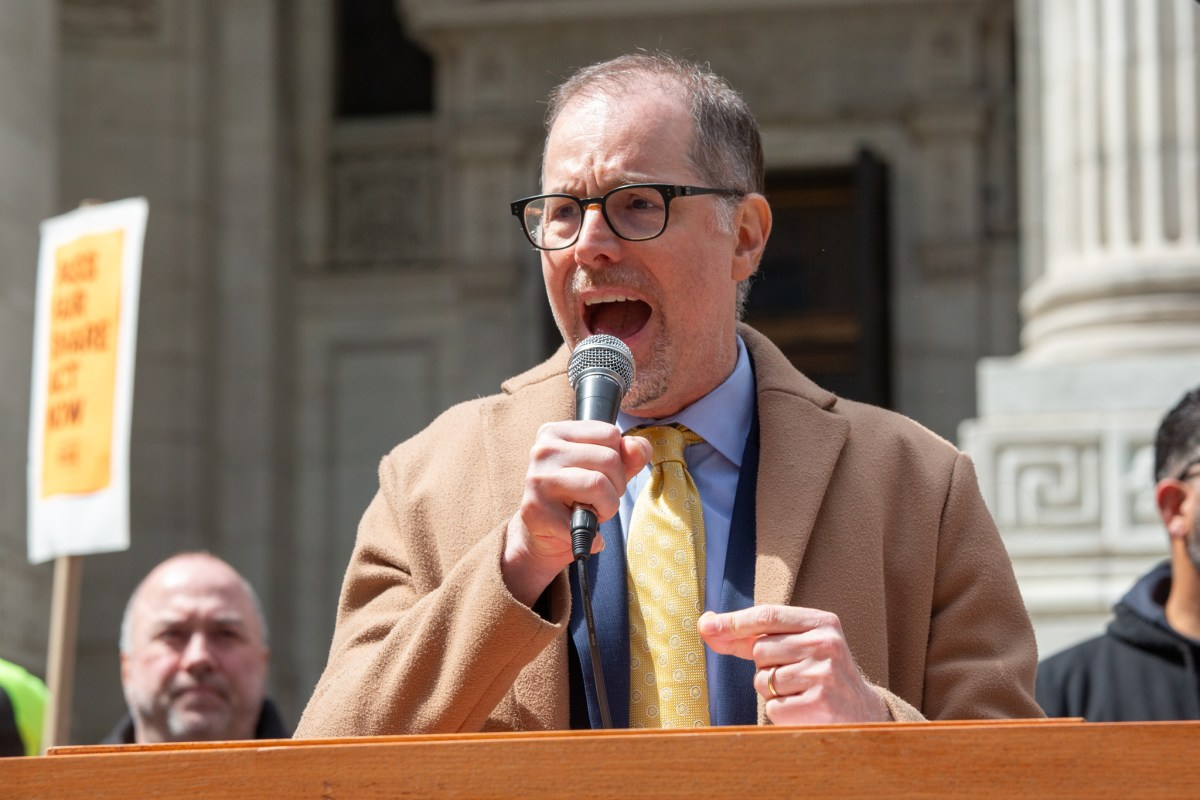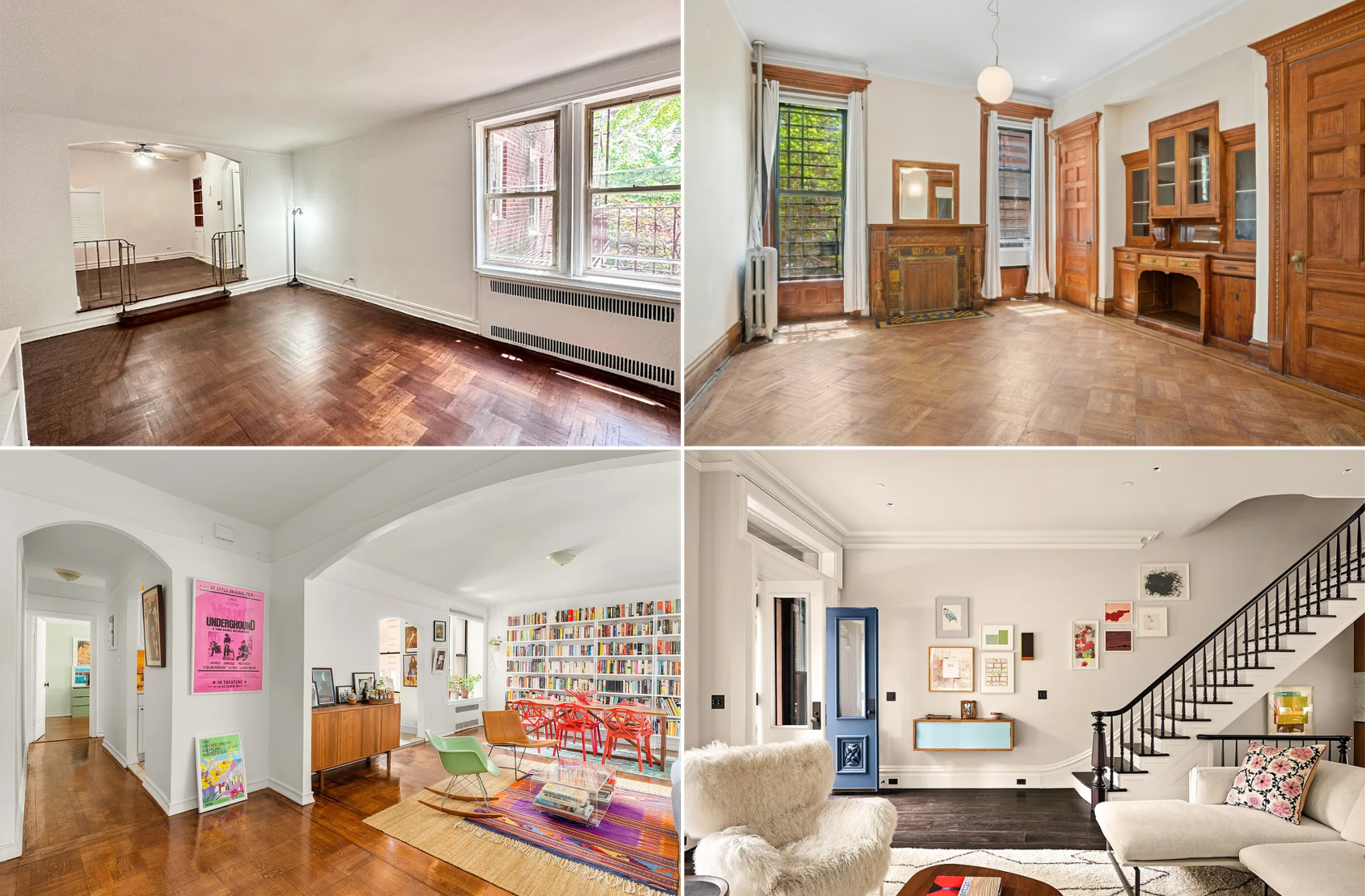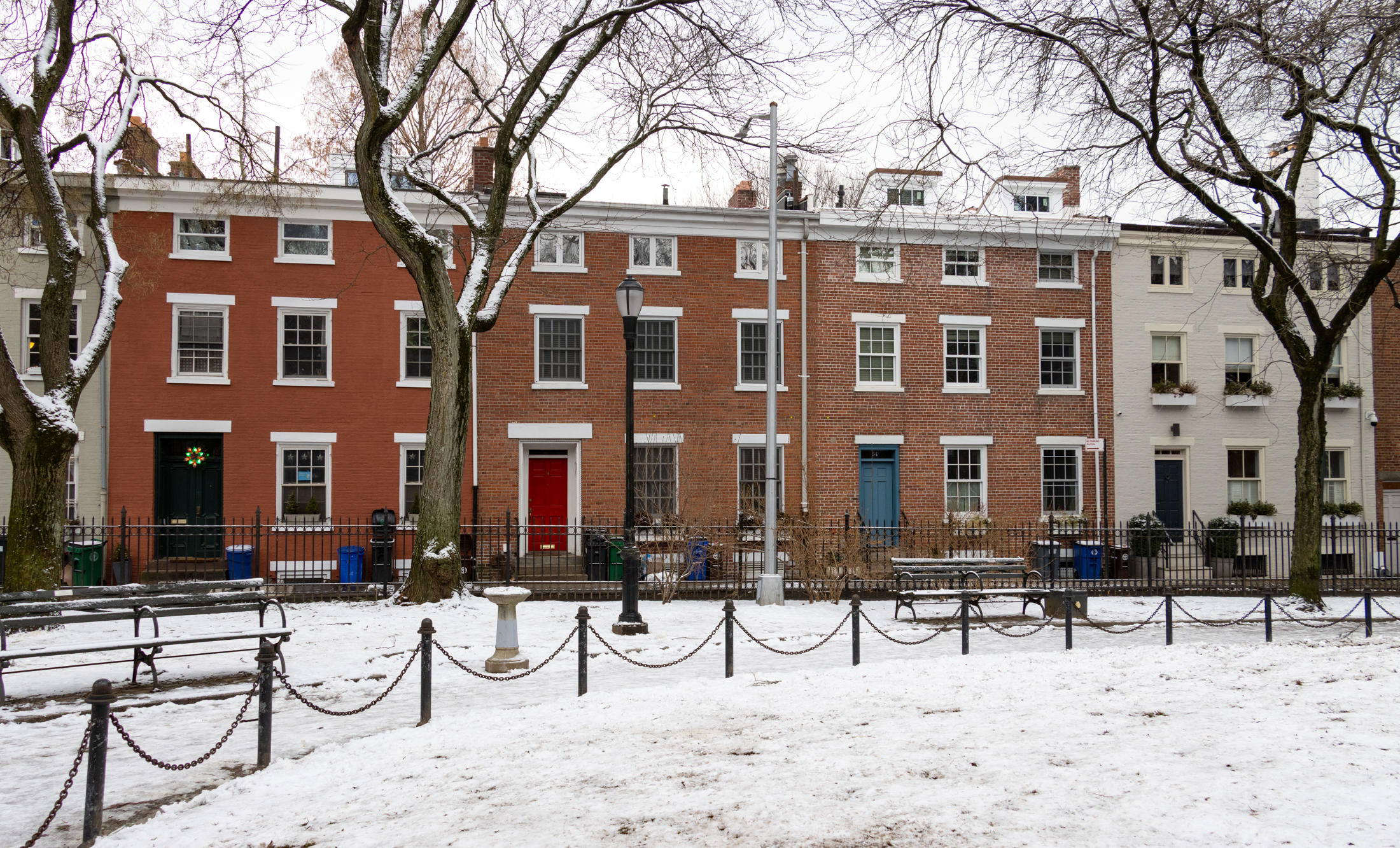Brownstone Market: Trouble on the Fringes?
This month’s issue of The Real Deal has an article about the ramifications of a cooling real estate market in Brooklyn (despite the debatability of that assertion). TRD contends that the more “farflung” nabes are the most vulnerable, pointing not only to some price reductions in spots like Bed Stuy as well as signs of…
This month’s issue of The Real Deal has an article about the ramifications of a cooling real estate market in Brooklyn (despite the debatability of that assertion). TRD contends that the more “farflung” nabes are the most vulnerable, pointing not only to some price reductions in spots like Bed Stuy as well as signs of mortgage lenders becoming more stringent about appraisals and comps. One Brown Harris Stevens broker claims that houses in Bed Stuy that may have been selling for for around $800,000 a few months ago now have asking prices closer to $600,000. Maybe, but frankly we haven’t seen many examples of such a dramatic shift. Sure people are being more deliberate in the search and may be less likely to plunk down a million bucks for a wreck in a less proven area, but 25% decreases are the exception not the rule as far as we’re aware.
Doubts on Fringe of B’kln [The Real Deal]





The gist of the point that I was making about the rental market vs. the sales market is that ‘buyers’ usually leave the sales market to become ‘renters’ once the sales market goes soft.
As more and more prospective buyers decide to rent instead, supply and demand takes over. If you factor in population booms and the migration trends to urban areas, I think renters will be at the mercy of real estate brokers and landlords.
The ‘prime’ properties will experience a rapid increase in rental income.
I just think people need to be realistic and be prepared to make compromises either in the neighborhood that they can afford to live in ‘or’ the size of property that they can afford to buy.
David, you’re right, the S&L scandal was due to irresponsible commercial real estate loans but it had repurcussions throughout the entire mortgage industry that trickled down to the residential loan market.
Whether to buy or wait is always a risky proposition. If you can afford the down-turn I’d say go for it. But I for one am happy staying put because I already have a property that’s building equity.
But on another topic, are you saying that you don’t believe rentals will rise dramatically in the years to come. I think this is the real, hidden, overlooked bubble. You’re right all, the current valuation methods used throughout the industry suggests that investors have somehow modified the rate of return that they expect on their investment. Why do you think that the ‘correction’ will only occur in the sales arena and not in the rental arena also. It’s almost as if you’re suggesting that those who are renting a “very- large (~900sqft) 1BR for $2000/mo in midtown” will be able to do so indefinitely at that price. I think we’ve learned our lesson from the stories of the rent-control couple in williamsburgs and the hair-dresser in dumbo.
Renters eventually get priced out of their beloved neighborhood. I think it’s a bit unfair to continue propping up the dreams of prospective buyers who are betting on a collapse of the real estate market. We’ve all been waiting for that to happen over the last 5 years, through the fall of the twin towers, ebola scares, subway strikes, etc. I’m not saying that the current sales market is invincible but you have to admit that it’s withstood challenges that would have crippled the market in other cities.
The article is a total puff piece, if not downright suspicious. There are no hard facts or data. It’s all he said, she said or rather this agent said, or that agent said. Does this really pass for journalism these days?
It’s very confusing to read that prices have dropped in bed stuy when there are two houses i know of on the market for over a million. who knows what they’ll get for them though.
i personally dont think the bubble will burst. i think prices may not increase like they have been which is probably good.
btw, i find it offensive that the articles tell people they live in fringe neighborhoods. fringe to whom?
Anon@ 2:14 (although I assume you are the same Anon from amny of the posts above)
What about the mid to late 90’s when sales and rental prices were rising – what was the reason for this abberation?
The S&L scandal was not triggered by risky loans to home owners but rather from huge loans on commercial real estate and other ventures.
As for the mortgage industry “learning its lesson” – other than the lesson that the Govt will bail you out, not sure what lesson was to be learned, and the recent popularity of interest only loans, short term ARMs and zero % down loans suggest there is plenty of risky financing out there.
Look in many ways if your predictions are right I’ll do very well, but at the same time, I’d like to grow my buisness and I am unwilling to invest based on sheer faith. Yet prices in all areas of RE are no longer correlated to any sound economic reality.
It ain’t a dream, it’s in progress.
Se, the mortgage industry learned its lessons from the 89 crisis. Sure, some lenders are pushing the envelope but to suggest that we’re in a worse situation is simply untrue. There was a lot more risky financing going on in the late 80’s. Ever heard of the S&L scandals (i.e., savings and loans). It triggered an entire restructuring of the mortgage industry.
Keep dreaming of the bubble bursting. I have pipe dreams too. But I’m realistic enough to recognize that I missed my opportunity to own a brownstone in downtown brooklyn.
Maybe, if I won the lottery or got discovered by a long lost relative or something….
ha ha 2:09, very well put!
i am an owner of a “fringe” brownstone and i completely agree with the poster who points out the REAL costs of ownership: maintenance, renovation, closing costs, on and on. it is completely simplistic to think that the amount you pay on your mortgage every month represents your actual costs. anyone who has owned property for even a short while realizes that. i still think it’s worthwhile, and i am happy with my situation, but i don’t get $$$ in my eyes even as i see prices going up around me.